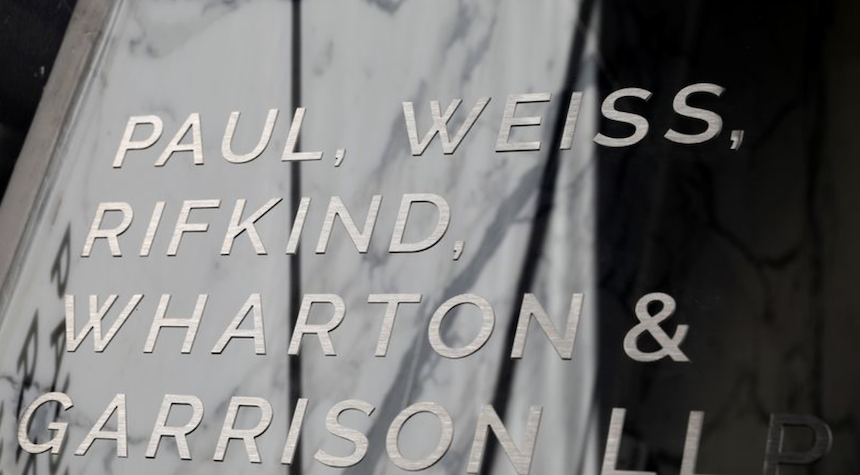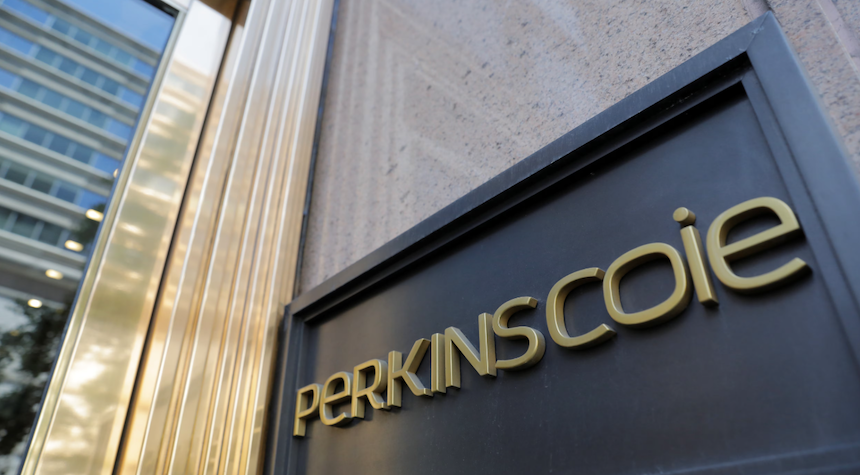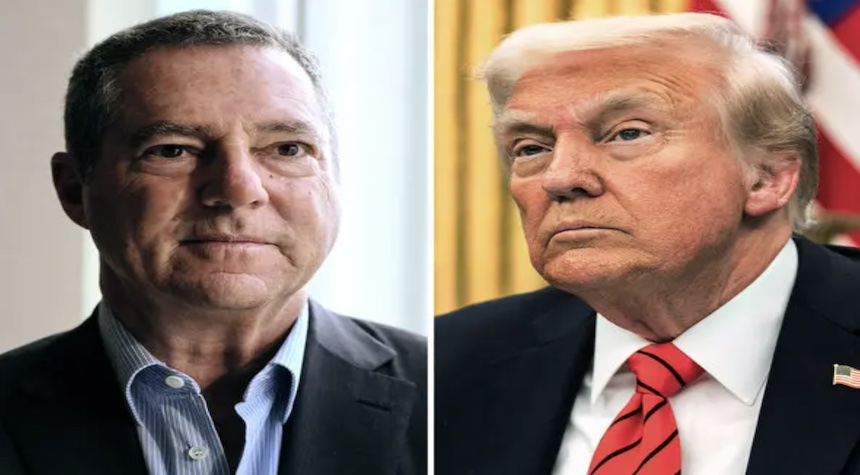The President has rescinded the executive order he signed last week imposing sanction on Paul, Weiss, Rifkind, Wharton & Garrison LLP. The chairman of Paul Weiss, bowed down to Trump in exchange for Trump rescinding the executive order. According to reports, the move was causing a client exodus from the law firm. Karp, in a White House event that was reminiscent of VJ Day, agreed to stop all DEI-based staff actions and to represent clients regardless of their political views. He also agreed to donate $40 million worth of pro bono time to “assist our nation’s veterans and fairness in justice system, as well as the President’s Task Force to Combat Antisemitism and other projects mutually agreed upon.”
Karp also acknowledged the ‘wrongdoings’ of one of his former partners Mark F. Pomerantz. Pomerantz tried to bring a criminal charge against Trump when he was working for the Manhattan District Attorney’s Office several years earlier.

Another firm in Trump’s crosshairs, Perkins Coie, has chosen a very different path. Rather than backing down, the firm described the executive order as “truly life-threatening,” warning that it could spell the end of the firm as they know it. Still, in a bold act of defiance, Perkins Coie took the matter to court—and won a temporary restraining order from a judge who called Trump’s executive order “likely unconstitutional.”
The implication? If your firm is big enough, the Constitution apparently obligates the federal government to keep your contracts, grant your staff security clearances, build and maintain classified facilities in your offices, and give your lawyers unrestricted access to federal buildings. Who knew?
This will likely go down as one of the most expensive legal “wins” in recent history. A single judge’s ruling won’t change the reality: across the executive branch and the business world, Perkins Coie is now radioactive. Clients who had federal contracts—or even hoped to—were already reconsidering. Now that the firm has picked a public fight with a president who doesn’t forget slights, those clients won’t just walk—they’ll run.

The irony? Most of Perkins Coie’s work isn’t political. The firm employs a bipartisan mix of lawyers, and even points out in its lawsuit that Trump nominated two of its own partners to the bench in 2019. Political law is the smallest of its nine practice areas—just eight lawyers out of 1,200, making up only 0.5% of its revenue. The rest of the firm deals with over 90 federal agencies, including the U.S. Patent and Trademark Office, and operates across 21 global offices.
But now, careers are on the line. Recruiting and retaining talent under this cloud won’t be easy. And if the firm stays the course, the chances of anyone at Perkins Coie landing a judgeship in the next four years? Close to zero. When it comes to Washington, money talks—and bravado only goes so far.
The line Trump has drawn is pretty clear. A law firm may do anything it likes, but they cannot expect to practice lawfare or racial bias, choose their clients according to their political views, have rogue politicians on staff, etc. and still be in business with federal governments.

